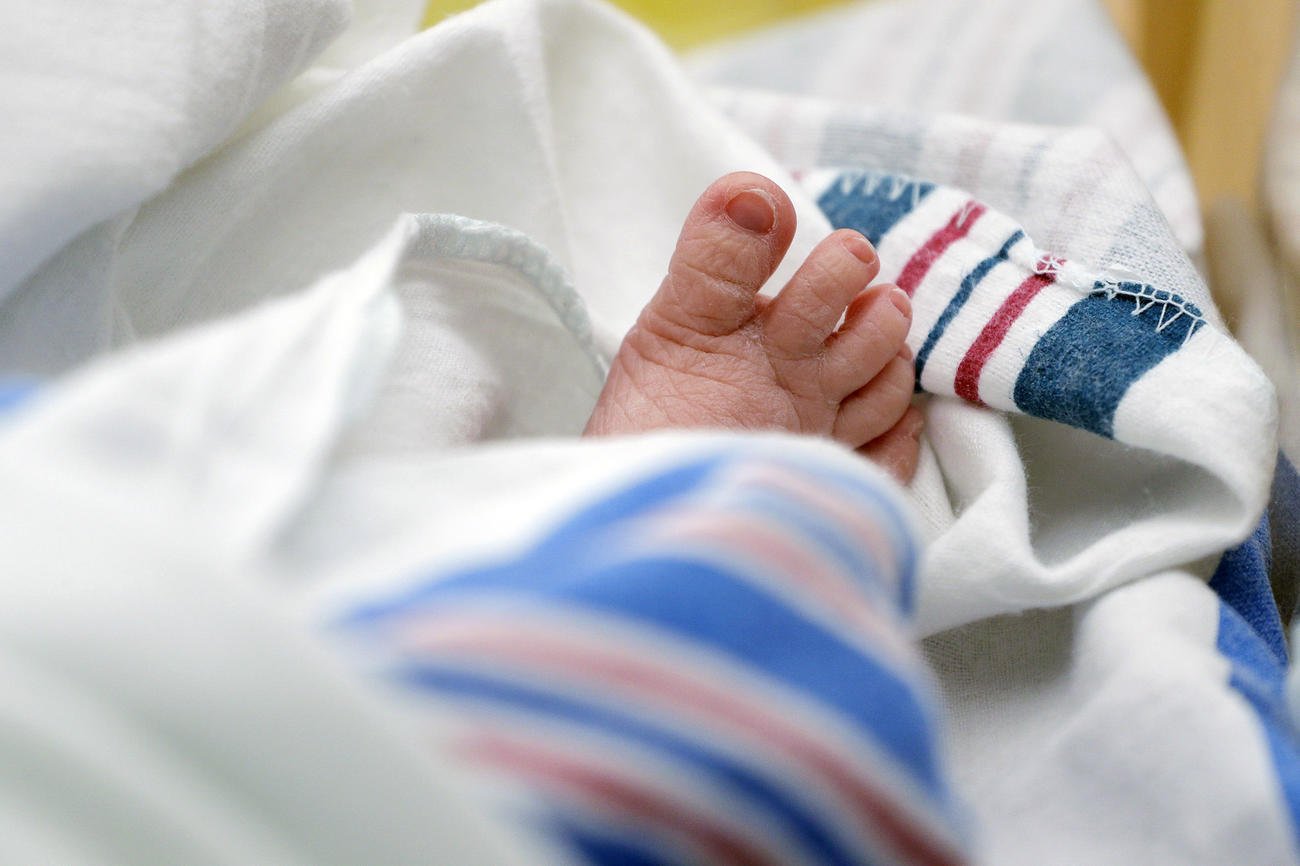
Unmarried service members and those who require donor gametes and in vitro fertilization to have a baby may soon be able to access advanced fertility treatments within the Department of Defense’s health system.
The DoD plans to change its policy that offers assisted fertility treatments at select military hospitals to married couples at cost and for free to troops whose infertility is tied to a service-connected injury, while barring all others from receiving the benefit.
Under the change, described last month in court documents as part of an ongoing lawsuit, the DoD will remove the requirement that service members be married and will allow the use of donor eggs or sperm — a change that will broaden eligibility to include single service members, same-sex couples and married couples unable to use their own gametes.
Read Next: Years-long Delay in Covering Transgender Surgeries Prompts Lawsuit Against VA
“DoD is in the process of determining the exact contours of these policy changes and expects to finalize and share with plaintiff a signed memorandum by the end of February 2024 that formally directs the changes and provides further details on their scope,” wrote Damian Williams, U.S. attorney for the Southern District of New York.
The National Organization for Women, the Yale Law School Veterans Legal Services Clinic and the National Veterans Legal Services Program filed a lawsuit in August against the DoD and the Department of Veterans Affairs, charging that their coverage policies for in vitro fertilization and other fertility treatments are discriminatory against single troops and same-sex couples.
They also argued that the policy violates the Affordable Care Act, which prohibits discrimination on the basis of sex.
According to the court documents, the VA is continuing to review its policy and now must do so in light of the DoD’s changes, which the VA must consider before issuing its final decision.
Although the VA has not announced any new policies, Sonia Ossorio, executive director of NOW NYC, called the DoD’s decision “a big win.”
“We applaud the Department of Defense for working to expand access to fertility treatments for service members,” Ossorio said in a statement. “We are overjoyed for our military members who may only now qualify for coverage and desperately need this care to build a family.”
Under the current policy, the DoD covers fertility counseling, in vitro fertilization and other assisted reproductive technologies for married service members whose infertility is tied to a military injury or related illness.
Other married troops are given access to IVF, artificial insemination and other fertility services at cost at one of seven military treatment facilities that offer such care.
Service members and their families also can use Tricare, the military’s civilian health benefits program, for limited services such as diagnoses of conditions that cause infertility and correction of medical issues that may be the source. But Tricare does not cover reproductive procedures such as IVF or artificial insemination for non-injured service members.
Because of that lack of coverage by Tricare and a requirement that non-injured troops cover the cost of the benefit, Ossorio said her organization will continue to challenge the DoD’s and VA’s policies.
Briana Thompson, a former Air Force officer and student intern at Yale’s Veterans Legal Services Clinic, said that, despite the DoD’s pending change, its policy requirements remain “unlawful.”
“Service members who delay child rearing and need IVF because of the basic demands of military life like deployment and permanent change of station are ineligible for care,” Thompson said in a statement.
The case, National Organization for Women-New York City v. United States Department of Defense et al., remains ongoing with the government having been granted an extension as the VA weighs the DoD’s change.
Both parties also are continuing to argue over the legality of the DoD’s and VA’s requirement that the condition be caused by a service-connected illness or injury to qualify for complete coverage of the benefit without any out-of-pocket expenses to troops or veterans.
Related: Veteran Advocates Sue over ‘Discriminatory’ Fertility Treatment Policies at DoD, VA









